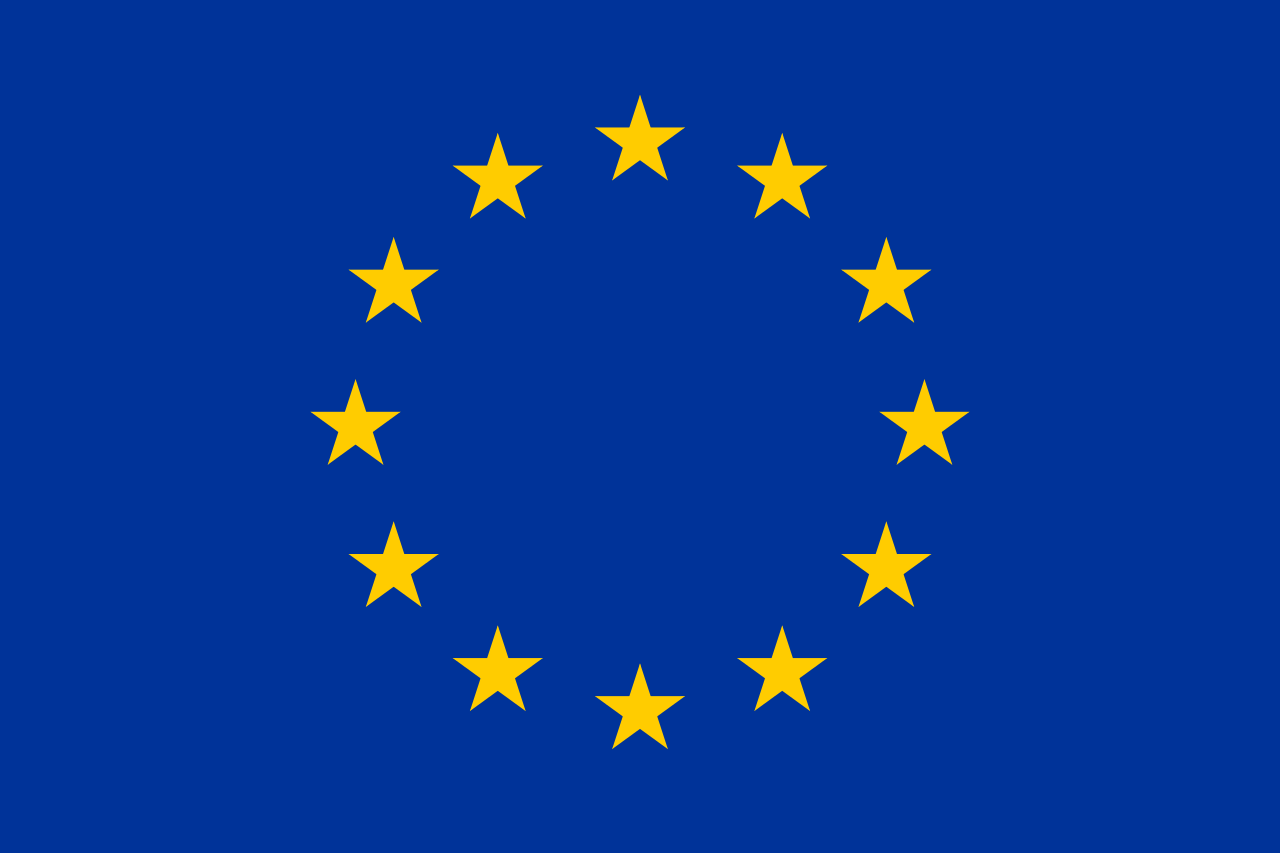31.03.2016 MIGRATE Symposium on the European Migrant Crisis in Thessaloniki, Greece
The International Faculty of the University of Sheffield-CITY College and the South-East European Research Centre, with the support of the Konrad-Adenauer-Stiftung in Athens and the Navarino Network co-organized a Symposium titled ‘The European Migrant Crisis: Challenges of a fragmented corridor’, which took place on Thursday, March 31st 2016 between 14.30-21.00, at the Electra Palace in Thessaloniki. The event was under the auspices of the Municipality of Thessaloniki. The event program can be accessed here.
Mr Nikos Zaharis, Director of the South-East European Research Centre and Ms Susanna Vogt, Head of the Konrad-Adenauer-Stiftung in Greece, opened the event with welcome remarks.
Event participants came from various universities and institutes both from Greece and abroad. Their presentations focused on analysing the socio-political and economic parameters of the Migrant Crisis inside the dynamic framework of current international developments. The goal of the event was to present to the larger audience of the city of Thessaloniki the particular socio-political and economic challenges faced by the countries of the Balkan Corridor and how these are affected by the current Migrant Crisis. The topics presented were linked to the influx of migrants in the Balkans, the closing of the borders and the consequences on bilateral relations between the Balkan states, the operation of illicit networks of human trafficking and illegal labor, the role of the European Union in solving the crisis, the role of Turkey as a country of readmission, as well as, the migration policies of Austria and Germany as destination countries.
Dr Alexandra Prodromidou and Dr Pavlos Gkasis, lecturers at the Business Administration and Economics Department of the International Faculty of the University of Sheffield-CITY College and Researchers at the South-East European Research Centre, set the research framework which formed the basis of the creation of this network of researchers on the Migrant Crisis, inside which the Symposium participants were called to present their analysis.
Dr Dimitris Tsarouhas, Associate Professor and Acting Head of the Department of International Relations, Bilkent University, Turkey and Dr Dimitris Keridis, Associate Professor at Panteion University and Director of the Navarino Network, Greece, presented on the new reality being shaped in the two countries after the signing of the readmission agreement between the EU and Turkey. Dr Christina Krause, Coordinator for Migration of the Konrad-Adenauer-Stiftung, Germany, presented the position of Germany on solving the Migrant Crisis within the framework of the readmission agreement.
Dr Zoran Ilievski, Associate Professor at the University of St Cyril and Methodius, Former Yugoslav Republic of Macedonia, Dr Jovan Teocarevic, Professor at the University of Belgrade and Director of the Belgrade Centre for European Integration, Serbia and Dr Andras Szalai, Researcher at the Central European University, Hungary, presented the main tendencies in approaching the Migrant Crisis in their respective countries. Dr Marko Kmezic, Researcher at the Centre for Southeast European Studies of the University of Graz, Austria, talked about the migration policy of Austria as a destination country.
Dr Ioannis Armakolas, Assistant Professor at the University of Macedonia and Head of the South-East Europe Program at the Hellenic Foundation for European & Foreign Policy (ELIAMEP), Greece, talked on the specific challenges that the countries of the Western Balkans face in relation to the Migrant Crisis. Dr Nicola Philips, Professor and Head of the Department of Politics at the University of Sheffield, United Kingdom, presented on the illicit networks of human trafficking and illegal labour linked to irregular migration. Dr Demetrios Papademetriou, Distinguished Senior Fellow and President Emeritus of the Migration Policy Institute in Washington, United States of America, commented through a recorded speech on the European Union migration policy. The closing remarks were delivered by Dr Dimitris Keridis.





